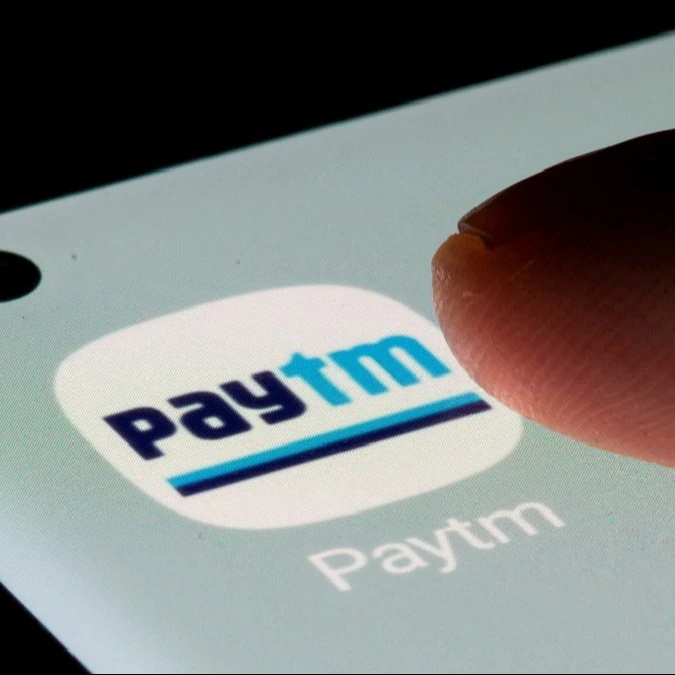January 31st, 2024 – a news was out that shook the Fintech companies, merchant users and of course the retail users, who are none else than we, the general audience.
Prelude to the Latest News
The Governing Body of banking and finance, RBI, had issued a ban on Paytm Payments Bank (PPBL) for non-compliance of KYC norms and other fraudulent activities. This led to a full restriction on all types of payments like wallets, FASTags, top-ups, prepaid instruments deposits in customer accounts, National Common Mobility Cards (NCMC) and any operations included in Paytm Payments Bank.
Originally, the ban was to take effect from February 29th, 2024, but was extended to March 15th. In this period of time, Paytm first assured its customers that, they will be operating as usual and that the customers need not panic. They also mentioned that Paytm will be expanding its range of banking partners to operate at its full capacity.
How is Paytm managing so far?
In line with this, Paytm are in pursuit of collaborating with various banks and expand itself as a service provider. In the quest, Paytm also opened an escrow account with Axis Bank and moved its nodal account for all transactions through it. A nodal account is one which is used for remitting money to merchants or receive money from participating banks. This paves way for a smooth transaction flow and also would ensure protection under participating bank’s security. In simple words, if Paytm successfully collaborates with various banks for payment services, all transactions will pass through the banks. An ideal example for it is, how we use Google Pay (GPAY). In recent days, Yes Bank also signed a deal with Paytm to move its merchant accounts in the bank. Paytm has been trying to make deals with banks and Axis Bank, Yes Bank, HDFC were its choice picks. Following through, Paytm has also applied to be a third-party application provider for supporting its UPI transactions. An application for procuring license has been sent to National Payment Corporation of India (NPCI) and approval is awaited. The two banks, viz., Axis Bank and Yes Bank, after NPCIs approval would become the PayTm’s service providers.
What is NPCI?
NPCI is an initiative of Reserve Bank of India (RBI) and Indian Banks Association (IBA) who control and regulate retail payments and transaction settlements in India. It is a non-profit organization working under the provisions of Section 25 of Companies Act, 1956 (now recognized as Section 8 of Companies Act, 2013). With the help of NPCI, various online transactions methods were introduced in India, such as,
- Immediate Payment Service (IMPS),
- National Automated Clearing House (NACH),
- Aadhaar Payment Bridge System (APBS),
- Unified Payment Interface (UPI),
- Bharat Bill Payment System (BBPS),
- National Financial Switch (NFS),
- Aadhaar Enabled Payment System (AEPS),
- RuPay and
- National Electronic Toll Collection (NETC).
NPCI envisions to create a “less-cash” society and be more progressive towards digital payments in India.
However, due to certain malpractices by companies like Paytm, shifting of customers from cash to Digital Payment still remains unachieved. Owing to the regulatory lapses, Paytm will not be allowed to accept any credits from its customers or use wallet system going forth March 15th.
Will Paytm return to its original glory?
During the time span between February 1st to March 5, 2024, Paytm has been trying hard to set things straight for themselves and a positive response is awaited their way. There is also a rumor that RBI, the governing body, might lift the ban imposed on Paytm. The revoking ban is not certain yet but considerations seem favorable.
Let us wait and see how the story unfolds in next few days…
Image credits: https://www.indiatoday.in/






